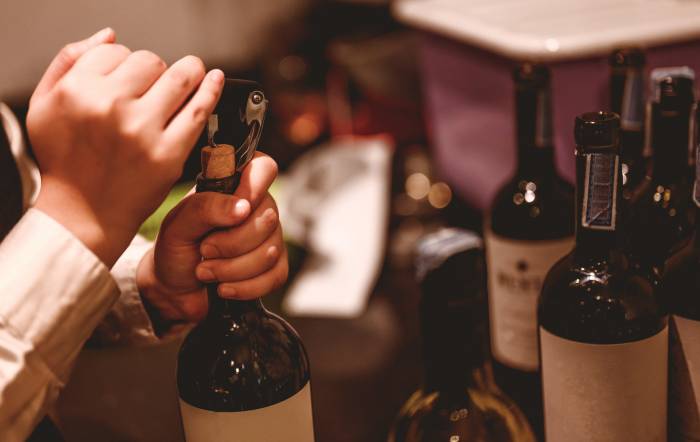Belgium challenges EU plan to label wines up to 6 percent alcohol as low-alcohol
Concerns raised over potential public health risks and misleading information as European Parliament prepares for final decision
2025-09-04

A proposed change to European Union regulations could soon allow wines with up to 6% alcohol by volume to be labeled as “low-alcohol.” This move has sparked strong opposition from Belgium, which argues that such labeling is misleading and poses risks to public health. The Belgian Federal Public Service for Health, Food Chain Safety and Environment issued a statement this week expressing its concerns about the new regulation, which was approved by all other EU member states.
The proposed rule is part of an ongoing revision of EU wine regulations. If adopted, it would permit producers to use the term “low-alcohol” on wines that have had their alcohol content reduced to 6% or less. This threshold is similar to the alcohol content found in many beers. Belgian authorities argue that using the term “low-alcohol” for these wines could give consumers a false sense of security and undermine public health efforts aimed at reducing alcohol consumption.
According to the Belgian health agency, the term “low” in food labeling is typically reserved for products that offer a clear health benefit, such as “low-salt” foods. The agency contends that applying this label to wine with up to 6% alcohol breaks with established practice and could set a dangerous precedent in EU food law. Officials also point out that there is no safe level of alcohol consumption, citing growing scientific evidence linking alcohol use to cancer and other health risks.
Belgium prefers the label “reduced alcohol content,” which it says is more accurate and transparent for consumers. The health agency insists that consumers deserve clear and factual information, not what it describes as a marketing strategy disguised as regulation. The agency also emphasizes the responsibility of public authorities to ensure honest labeling so that people can make informed choices about their health.
The final decision now rests with the European Parliament, which will negotiate with the Council and the European Commission on the wording of the new regulation. Belgian officials hope that lawmakers will prioritize public health and support their call for more precise labeling. They argue that only the term “reduced alcohol content” accurately reflects the nature of these wines and avoids misleading consumers.
The debate comes at a time when European governments are under increasing pressure to address alcohol-related harm. Health advocates across Europe have called for stricter rules on marketing and labeling of alcoholic beverages, warning that unclear or misleading information can contribute to higher rates of consumption and related illnesses.
As discussions continue in Brussels, Belgium remains firm in its opposition to the proposed “low-alcohol” label for wines up to 6%. The country’s position highlights broader concerns about how food and beverage labeling can influence consumer behavior and public health outcomes across the European Union.
Founded in 2007, Vinetur® is a registered trademark of VGSC S.L. with a long history in the wine industry.
VGSC, S.L. with VAT number B70255591 is a spanish company legally registered in the Commercial Register of the city of Santiago de Compostela, with registration number: Bulletin 181, Reference 356049 in Volume 13, Page 107, Section 6, Sheet 45028, Entry 2.
Email: [email protected]
Headquarters and offices located in Vilagarcia de Arousa, Spain.